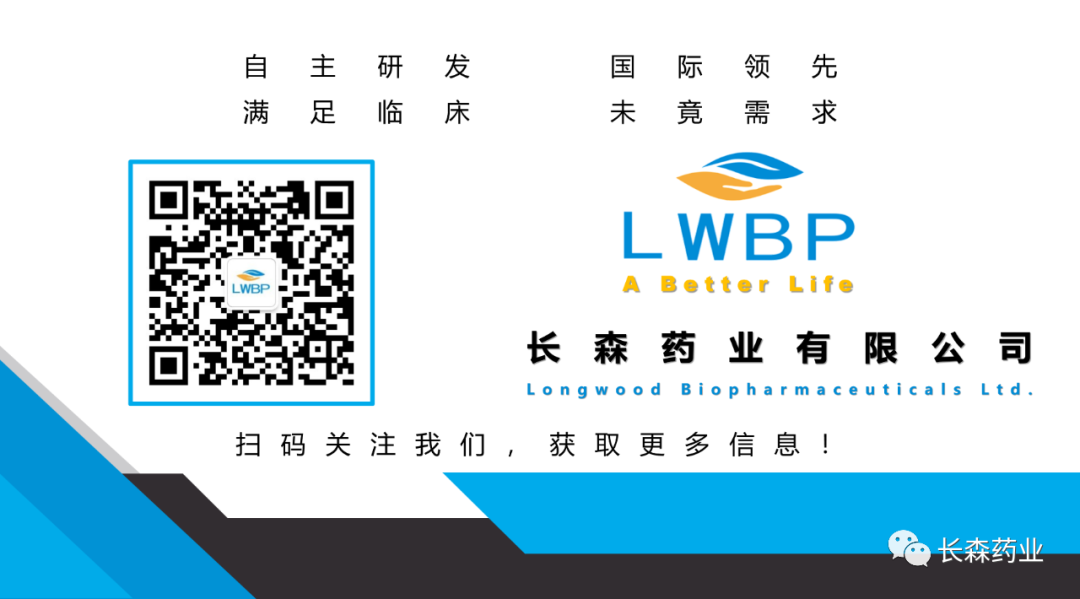Recently, LWBP announced that its new generation JAK1-selective inhibitor LW402, which was independently developed by LWBP, has been initiated to be clinically administered to the first group of patients in a clinical phase II study for the treatment of rheumatoid arthritis.
The clinical study is a multi-centre, randomised, double-blind, placebo-controlled Phase II clinical study initiated by LWBP to evaluate the effectiveness of LW402. So far, no target-related side effects have been detected in the clinical study, and patients have achieved substantial improvement in their symptoms after several weeks of administration.
LW402 is a new-generation JAK1-selective inhibitor independently developed by Jansen Pharmaceuticals. The results of the Phase I clinical study showed that LW402 is a potentially safer and higher JAK1-selective inhibitor, which inhibits cytokine signals and suppresses inflammation associated with autoimmune diseases by blocking the JAK-STAT signalling pathway, and can effectively control the progression of autoimmune diseases, and is expected to be a more optimal therapeutic option for autoimmune diseases.
The family of JAK kinases has been a popular target in recent years and several products have been approved worldwide. The first generation of JAK inhibitors targeting multiple JAK family members have shown significant efficacy in inflammatory and oncological indications, and have demonstrated superior efficacy and safety to Methotrexate(MTX). However, as the JAK family mediates the signalling of multiple cytokines, inhibition of multiple JAK family members increases the risk of thrombosis and tumour. Second generation JAK inhibitors work on specific targets related to the disease signalling pathway while leaving other cytokine-mediated pathways unaffected, thereby reducing side effects.
The development of a new generation of JAK1-selective inhibitor with improved efficacy and safety is an unmet clinical need, and there is an urgent need to address the safety and tolerability aspects of JAK inhibitors, which, if successfully developed, could lead to a new generation of therapy.
